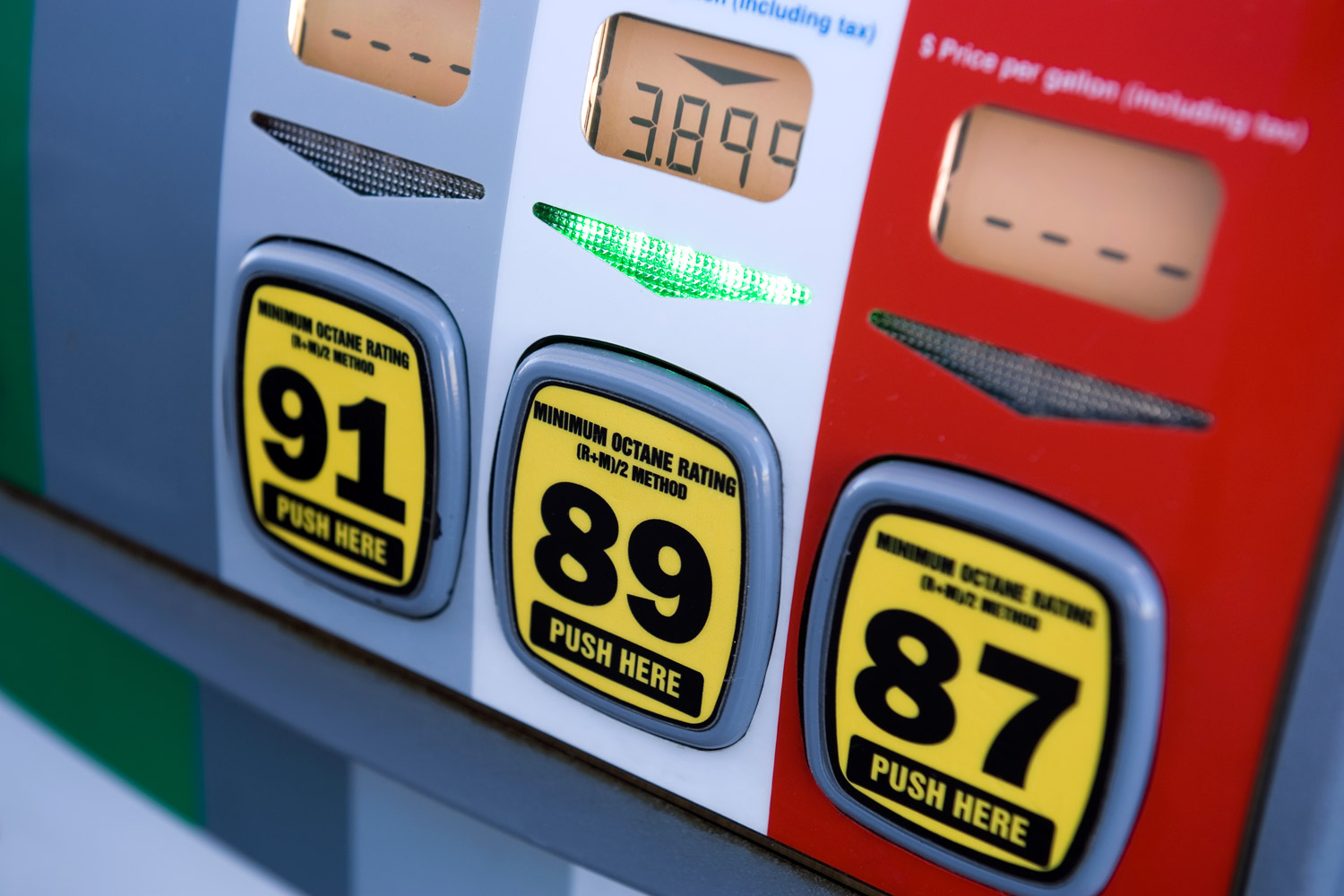
The Environmental Protection Agency announced new, tough guidelines on oil companies Thursday, aimed at reducing sulfur emissions from gasoline. Oil refineries will now have to remove sulfur from gasoline, decreasing total sulfur levels by 60 percent.
The expected reduction in smog will help Americans with respiratory problems like asthma and emphysema, said the EPA. The agency calculates that the new measures will prevent up to 2,000 premature deaths each year and 50,000 cases of respiratory disease in children, and save Americans between $6.7 billion and $19 billion in health care costs annually.
Pollution will also greatly decrease, according to the EPA. The effects of the new guidelines will be equivalent to taking 33 million cars off the road, it said.
But the U.S. oil industry says that the new regulations will likely increase its costs. Investing in new, expensive technology to remove sulfur will translate to an extra nine cents per gallon, heads of the oil industry claim, according to USA Today. The EPA makes a more conservative estimate: the agency claims that drivers will see a only a one penny per gallon spike in prices at the pump.
More Must-Reads from TIME
- How Donald Trump Won
- The Best Inventions of 2024
- Why Sleep Is the Key to Living Longer
- How to Break 8 Toxic Communication Habits
- Nicola Coughlan Bet on Herself—And Won
- What It’s Like to Have Long COVID As a Kid
- 22 Essential Works of Indigenous Cinema
- Meet TIME's Newest Class of Next Generation Leaders
Write to Eliana Dockterman at eliana.dockterman@time.com